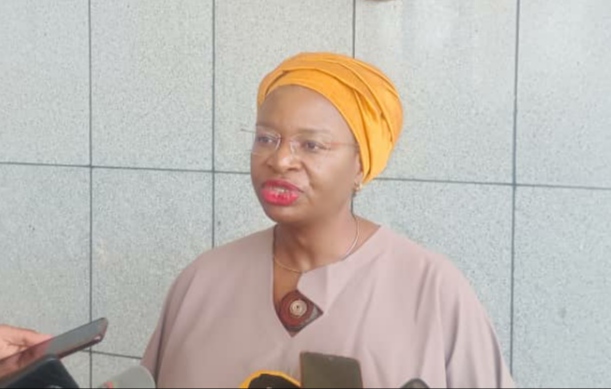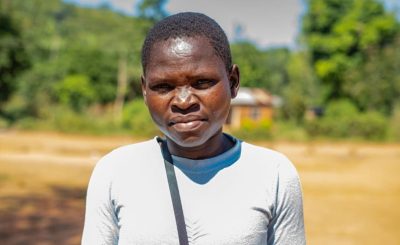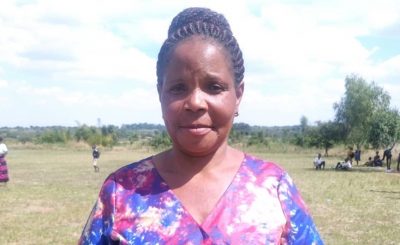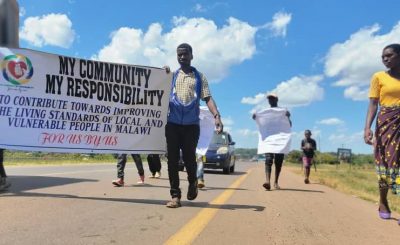Girls in the country can now see a light at the end of the tunnel regarding digital development following the launch of the project dubbed ‘Malawi Girls Can Code Too.’
The four-year initiative, implemented by UN Women with funding from the Irish Embassy, aims to increase access to and use of technological gadgets among girls in the country.
UN Women representative Emme Letty Chiwara stated that the initiative is a response to glaring statistics showing that access to and use of computers among women is very low, with only 7 percent of women in the country having access and computer literacy, compared to men whose figures stand at 17 percent.
“This project is launched to close the gap experienced in Malawi. Statistics indicate that men have more access to the internet than women, including access to laptops, with men at 7 percent and women at only 2 percent.
“These statistics are far below the global and regional averages. In Africa, we observe statistics ranging between 20 to 30 percent for men and, of course, slightly lower for women. Malawi is lagging behind, and this is why we thought of launching this project targeting young boys,” she explained.
The financier of the project, the Irish embassy through Ambassador Seamus O’Grady, emphasized that the government and the people of Ireland are committed to ensuring that gender equality is achieved in the digital divide.
“Gender equality is vital for national development, and we anticipate that the seeds we have sown today will help the girls develop their skills, break barriers, and become catalysts for digital development in Malawi,” said Ambassador O’Grady.
Guest of honor at the launch, Rachel Chimbwete Phiri, Principal Secretary for Basic Education in the Ministry of Education, said the initiative is timely and aligns well with the aspirations of Malawi 2063.
“One of the enablers of our development blueprint is human capital development, and this cannot work without gender inclusion. We want women to acquire skills in coding and other digital skills as much as men. This initiative will help enhance women’s skills for them to become more innovative,” she emphasized.
Twenty secondary schools selected from eight districts and six institutions of higher learning have been earmarked to benefit from the project in the first phase.
In terms of the population of the targeted beneficiaries, the project will benefit 7,500 girls and boys, with 80 percent being girls and 20 percent being boys.
According to the implementing body, UN Women, the girls and boys selected for this initiative will be developing various applications that can help address some of the social challenges facing Malawians.
A total of 2 million Euros, (approximately K2 billion) has been allocated for this project.





